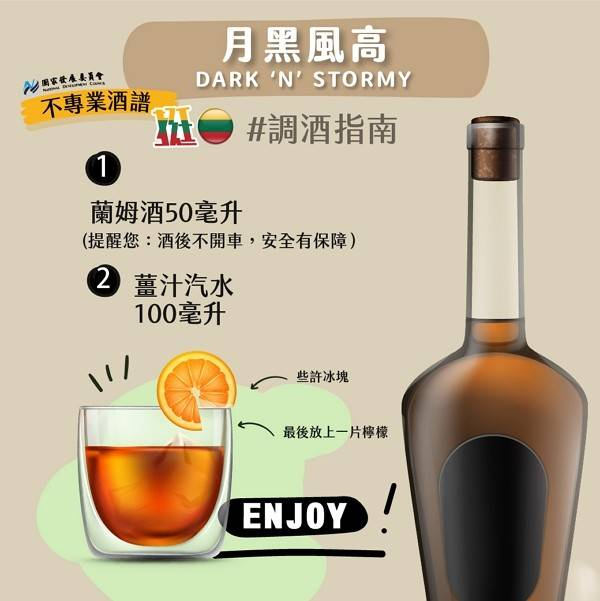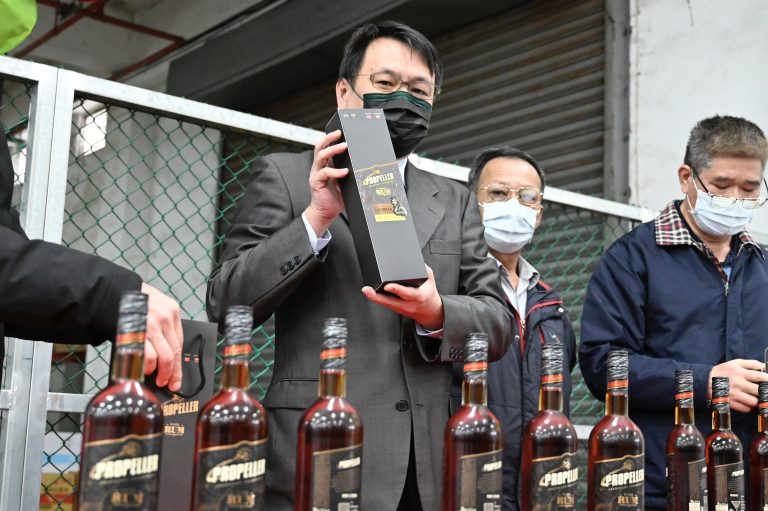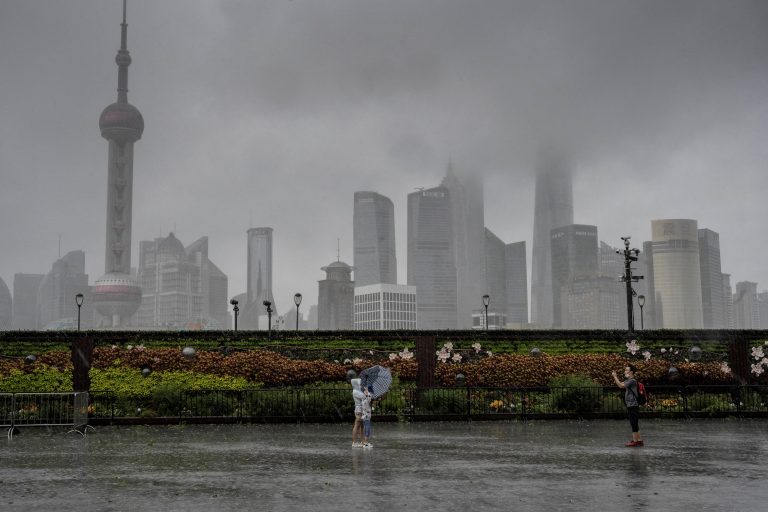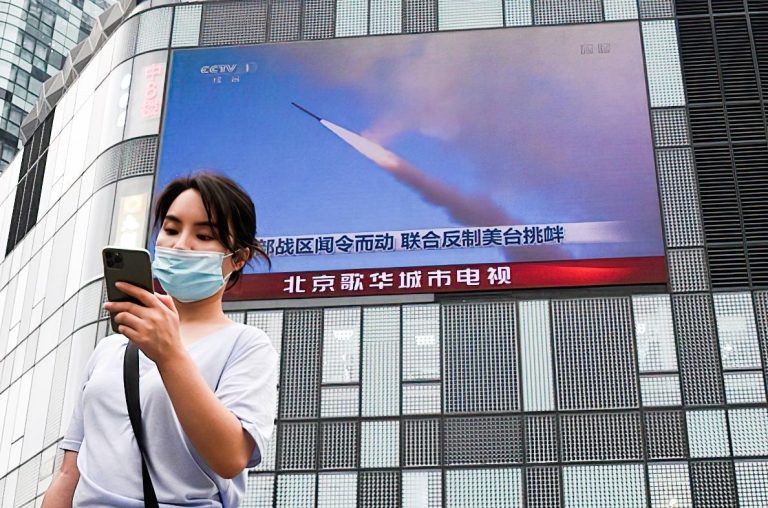Commentary by Natalie Nesbitt
Communist China has a small yet formidable free-thinking, rum- making enemy that is neither a superpower nor armed with nuclear weapons. It’s a tiny Baltic country with a population of 2.8 million, called Lithuania. The Lithuanian government recently made some bold moves that Beijing reacted badly towards. One is withdrawing from the 17 +1 forum.
The 17+1 initiative is a Beijing-led framework founded in 2012. However, according to a report by the Diplomat, it is “very hard to define the 17+1 mechanism… China has never clearly articulated its purpose, preferring loose concepts that can easily be promoted.”
On the surface, it appears that its aim is to expand cooperation between the People’s Republic of China (PRC) and the Central and Eastern European (CEE) countries through investments and trade developments with a focus on infrastructure projects such as bridges, motorways, railway lines and the modernisation of ports.
Some view this as an extension of Beijing’s Belt and Road initiative. The 17 +1 mechanism comprises 12 EU member states and five Balkan states: Albania, Bosnia and Herzegovina, Bulgaria, Croatia, Czech Republic, Estonia, Greece, Hungary, Latvia, Macedonia, Montenegro, Poland, Romania, Serbia, Slovakia, Slovenia, minus one; Lithuania, which has withdrawn from the “China Mechanism.”
Success
You are now signed up for our newsletter
Success
Check your email to complete sign up
In March 2021, the Lithuanian National Radio and Television (LRT) reported that the Lithuanian Parliament agreed to leave the 17+1 format. Foreign minister Gabrielius Landbergis said the cooperation between Beijing and Lithuania has brought “almost no benefits”.
Divide and conquer
An assistant professor at the Prague University of Economics and Business, Jeremy Garlick, believes the PRC is pursuing a ‘divide and conquer’ strategy designed to benefit Beijing at Europe’s expense.
Some countries in Europe and the United States consider the 17 + 1 to be a strategic intrusion of the PRC into Europe. It appears that the EU frowns upon Chinese investments in the CEE, which may be used as a divide and rule policy toward the EU. They point to Beijing’s increased influence over some countries, such as Greece and Hungary, who have heavily invested and blocked EU resolutions regarding China.
Being the first state to free itself from the then-Soviet Union, Lithuania has taken a similar approach to the PRC. However, this has angered Beijing.
The Chinese Communist Party (CCP) refers to such behaviour as ‘divisive’ and has accused Lithuania of being on an ‘anti-China crusade’; Lithuania has raised criticism of the Xinjiang genocide and slammed the Hong Kong crackdown.
The Lithuanian Defence military also encouraged their citizens to throw away Chinese smartphones after a government report revealed Chinese mobiles had built-in spyware to censor terms such as “free Tibet,” “long live Taiwan,” “independence,” or “democracy movement.”
Lithuania stands for sovereignty and independence and has invited Taiwan to open a de facto embassy in the Lithuanian capital, Vilnius. While the U.S. and Europe only refer to Taiwan using the name of its capital Taipei, the Lithuania office directly says “Taiwan.”
Taiwan foreign ministry spokesperson Joanne Ou praised Lithuania’s “firm will to defend the concept of national dignity and freedom.” Lithuania will also open a trade representative office in Taiwan, formally known as the Republic of China (ROC), to develop relations with Taipei.
PRC foreign ministry spokesman Zhao Lijian reacted with “Lithuania stands on the opposite side of universal principles which will never end well.Those who insist on acting in collusion with Taiwan secessionist forces will eventually be swept into the garbage bin of history.”
Lithuania dropped from mainland customs registry
Beijing has expelled the Lithuanian ambassador in retaliation and is now boycotting Lithuanian products stuck at mainland Chinese customs after being removed from the PRC customs registry.
Vidmantas Janulevičius, president of the Lithuanian Confederation of Industrialists, stated, “Lithuania has been crossed out. It seems that there is no such country in China’s custom system”, which essentially affects Lithuanian imports. This embargo blocked 20,400 bottles of Lithuanian rum destined for mainland China. According to the South Morning China Post, the Taiwan Tobacco and Liquor Corp.owned by the state purchased the rum in a show of support.
‘“TTL stood up at the right time, purchased the rum and brought it to Taiwan,” the company said in a statement, adding the liquor would be sold on the market. “Lithuania supports us and we support Lithuania – TTL calls for a toast to that,” reported Aljazeera.

Standing up to Beijing’s coercion
PRC officials have warned multinationals to cut ties with Lithuania or leave the mainland market. An anti-coercion bill has since been proposed to repel ‘foreign pressure’, allowing the European Commission to impose sanctions on non-member states, allowing the community of nations to act decisively in the face of economic aggression by non-members. This could help to address such bullying.
Lithuania, a Baltic nation of 3 million, stands firm despite having a population and GDP hundreds of times smaller than that of China.
Yet Lithuania’s strong moral standing and history in upholding human rights are priceless. Moreover, having the capacity to offer amnesty to oppositional leaders from neighbouring Belarus is worth its weight in gold.
It’s not just Lithuania. There are many examples, such as Palau, a tiny Pacific island of 18,000 people, 460 square kilometres with a president who does not compromise on principles. He says he doesn’t even answer calls from Beijing and lets it go to voicemail. In addition, Palau has continued to uphold diplomatic relations with Taiwan since 1999.
Another example is Samoa, with 200,000 people, 2,800 square kilometres. Earlier this year, their pro-Beijing prime minister was ousted. The new leader ended up cancelling Chinese projects worth millions of dollars.
Estonia, too, is considering a reassessment of its inclusion in the 17+1 initiative citing Beijing’s posture as a threat to Western values and grave violation of human rights against the Uyghurs in China.
Milos Vystrcil recently stated that the Czech Republic would not bow down to the objections raised by Beijing. Last year, the Prague city council cancelled a partnership agreement with the PRC after it decided not to remove an article questioning the CCP’s “One China” principle.
An online conference under the Belt and Road International Cooperation held in June 2020 only saw representation from Serbia, Hungary and Greece. The other members of the 17+1 initiative refused to attend the event.
Some CEE parliamentarians and policymakers were signatories to the statement against the PRC’s imposition of the National Security Law in Hong Kong. All of which reveals the strained relations between Beijing and the CEE countries. Overall, it appears that the CCP regime’s engagement with the CEE countries through the 17+1 initiative is unravelling.













